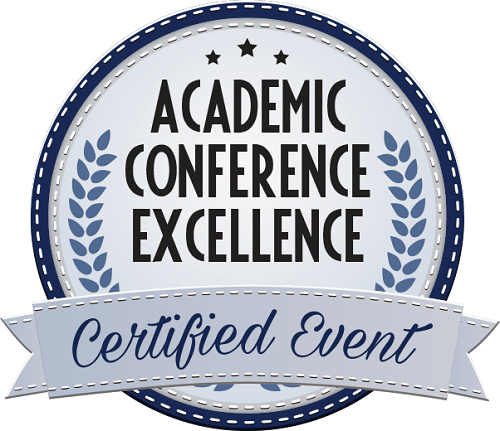
Susanne Borner
Goethe University Frankfurt, Germany
Title: Pathways to sustainability and environmental justice: A pluralistic perspective on environmental risks, participation and capabilities
Biography
Biography: Susanne Borner
Abstract
Worldwide, there are still numerous cases where humans are exposed to environmental risks, both manmade and natural, and where communities lack the ability to respond. Understanding pathways to reducing vulnerability requires understanding why especially marginalized groups are often still excluded from environmental decision-making and/or lack the capacity to participate. This research explores the determinants of participation behavior in the case of Huichapan, Mexico, where the local community faces environmental and health risks as a result of climate change and environmental pollution. It draws on the analytical framework of environmental justice, advocating a pluralistic perspective on the dimensions distribution, participation, recognition and capabilities in achieving social change. Based on Sen and Hobfoll, a biographical capability approach was developed to explore the processes whereby individuals develop the capability to engage in community mobilization for environmental justice. Narrative biographical and semi-structured interviews with a total of 27 respondents were conducted. Interviewees were chosen to reflect the socio-demographic composition of the study area as well as the different participation behavior. Interviews were analyzed using qualitative content analysis. Results showed that pathways to sustainability require going beyond a focus on the distributive justice. Creating resilient communities requires a better understanding of the drivers of community participation and the interlinkages with individual capabilities. The case study showed respondents’ capabilities were a result of biographical processes, generally linked to a sense of self-efficacy as a result of past gains and losses in terms of individual resources such as confidence, knowledge, energy and social capital.

